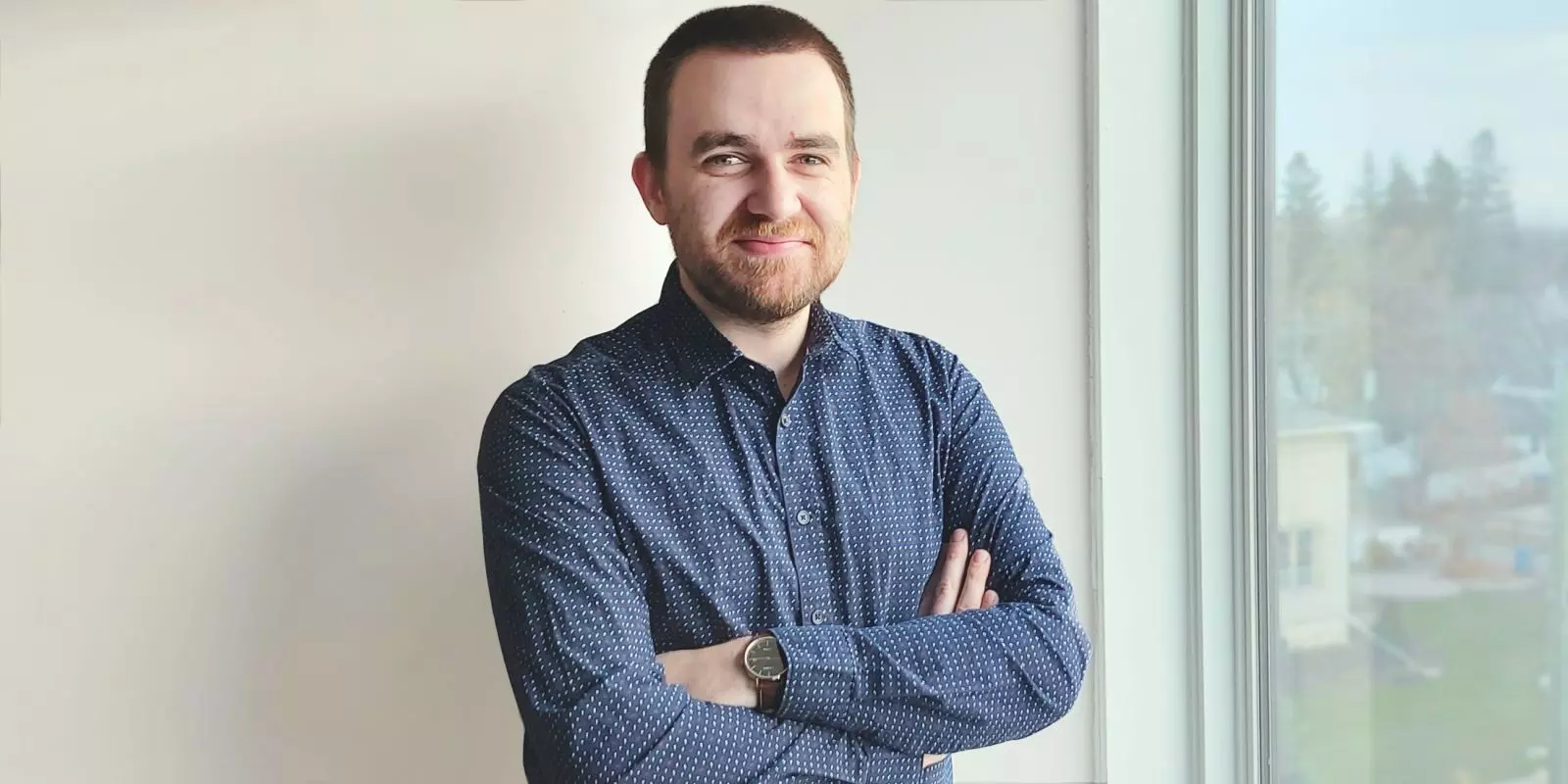According to a recent study led by Andrés Finzi, a professor at the Université de Montréal and researcher at the CHUM Research Centre, the type of virus used as a model to study the effectiveness of non-neutralizing antibodies against the virus that causes AIDS, has a crucial role to play.
 Jérémie Prévost. Image Credit: WEHI
Jérémie Prévost. Image Credit: WEHI
The study, which was published in Cell Reports, demonstrates in humanized mice for the first time that expression of the viral protein Vpu is necessary for infected cells to avoid the removal process known as antibody-dependent cell-mediated cytotoxicity (ADCC).
Non-neutralizing antibodies use this mechanism, which has been extensively studied in the scientific literature, among other things, to eliminate virus-infected cells.
Many laboratories research the production of this same class of antibodies to stop infection to create a vaccine against the human immunodeficiency virus, or HIV-1.
Numerous people today still carry the HIV-1 virus and have non-neutralizing antibodies. Even so, the disease has not yet been cured. Why do not the antibodies seem to work if they are so powerful?
Jérémie Prévost, a doctoral student at the Université de Montréal who is the study’s first author and a team member working with Finzi, a Canada Research Chair in Retroviral Entry, was piqued by this conundrum alone.
Fatal lack of expression
We observed that the modified HIV-1 virus used in certain laboratory experiments does not express Vpu. However, in the naturally occurring virus, this protein actually plays the role of a bodyguard for the infected cell. Once expressed, it allows it to replicate itself and helps it protect itself by flying under the immune system’s radar.”
Andrés Finzi, Study Lead Author and Professor, Université de Montréal
In fact, the study led by Prévost demonstrates that non-neutralizing antibodies find it much more challenging to recognize infected cells in vivo when the Vpu protein is expressed in those cells. Thus, the latter avoids the ADCC response.
This finding was supported by research by Priti Kumar, a collaborator of Finzi, at Yale University School of Medicine using non-neutralizing antibodies in humanized mice. Animals infected by a virus in which Vpu was not expressed, as opposed to those infected by a naturally occurring virus, only experienced a decrease in viral load.
Doors closed to antibodies
This finding supports the team’s earlier research findings.
Since the viral envelope is kept closed by the actions of Vpu and Nef, a second bodyguard protein, Andrés Finzi’s team had already demonstrated in 2013 that infected cells are shielded from the ADCC response. Antibodies in the area are unable to find the infected cell since it is fully protected.
Finzi added, “In the laboratory, if Vpu is not expressed in the virus that you use, the envelope of the infected cell will open up. Without protection, it will be attacked by antibodies. This likely explains some surprising results reported with non-neutralizing antibodies. In real life, HIV is always on guard thanks to its two bodyguards, Vpu and Nef.”
The study’s valuable information, in the opinion of the researcher and his team, should be taken into account in the creation of upcoming HIV-1 vaccines and in plans for eradicating the virus.
The World Health Organization estimates that by the end of 2021, more than 38 million people worldwide were infected with the AIDS virus.
Source:
Journal reference:
Prévost, J., et al. (2022). HIV-1 Vpu restricts Fc-mediated effector functions in vivo. Cell Reports. doi.org/10.1016/j.celrep.2022.111624